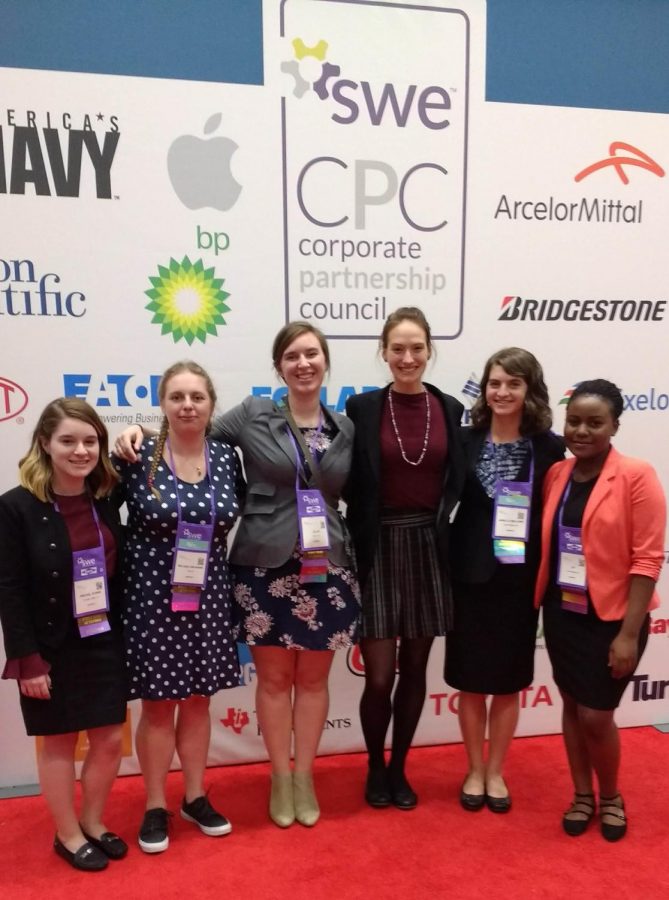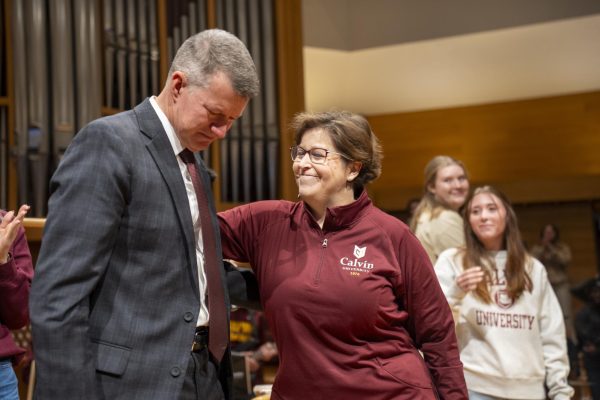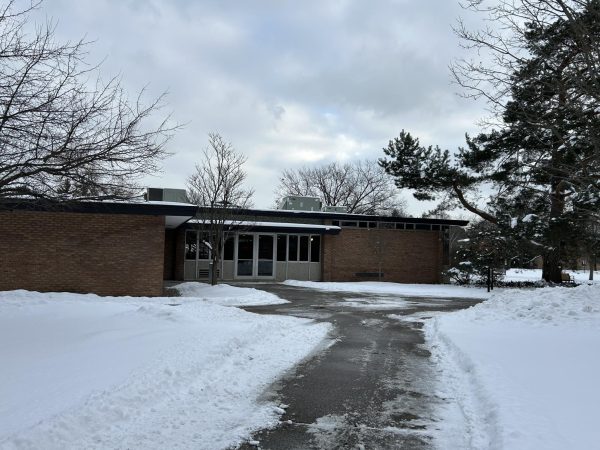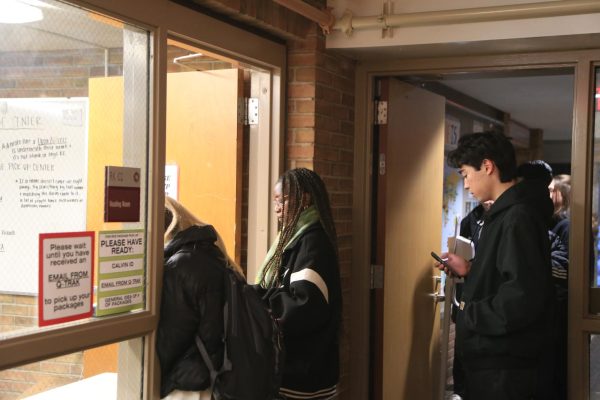Society for Women Engineers generates gender diversity in engineering
Photo courtesy of Mikayla Topp
SWE students gather for a networking event with engineering
The Society for Women Engineers (SWE), a student-run organization, is becoming an integral part of the engineering program at Calvin. SWE president Lillie Spackman met with Chimes to convey this organization’s mission and development.
Spackman explained that SWE at Calvin is considered a “collegiate interest group” but stems from a national organization that exists to “support and encourage women who are interested in STEM fields.” This includes offering opportunities for professional development, advocating for women engineers, and informing young female students about potential engineering careers.
Now in its fourth year, SWE as a student organization has started getting involved with the national organization.
“For the last three years, we have sent some Calvin students to the National Conference for SWE,” Spackman shares, adding that eight engineering women attended the most recent conference in Minneapolis — the largest number Calvin has sent to the conference yet.
SWE addresses relevant challenges that women involved in STEM fields face in the workplace.
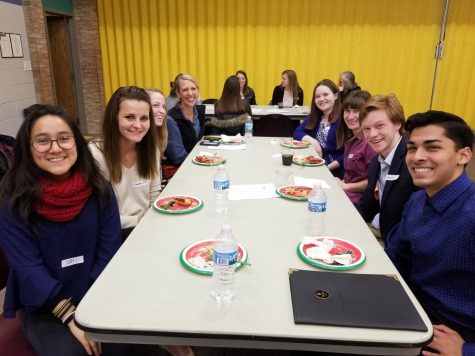
“In engineering, women are the minority, so that means for classes, for industry, for jobs, for internships, it looks like being surrounded by people who aren’t like you … and perhaps, despite their best intentions, don’t know how to support you,” said Spackman. When women work in areas where they are underrepresented, they are often harassed, overlooked for promotions, and overlooked for internships, when they are equally as capable as the men in their field.
Spackman acknowledged that “women communicate differently and tend to be less aggressive.” Men are often expected to be assertive in the workplace, whereas women are more likely to be seen negatively if they are assertive.
“The evidence is there that having diversity in a workplace is positive all around,” Spackman explained. “It’s positive for your revenue, it’s positive for the ideas that you generate … so [supporting] women in engineering looks like supporting engineering, period.”
Women have responded positively to being involved in SWE, recognizing that it opened up opportunities for internships and jobs because of the connections they formed.
According to Spackman, the goal of SWE’s leadership team at Calvin is to understand what female engineering students need and provide opportunities for them. Spackman reported that there have been numerous professional opportunities already this semester, including a resume critique seminar, an interview practice seminar and a workplace etiquette seminar. SWE is also a place where women can meet each other’s needs based on experiences they have had in the past, such as recommending internships or setting up job shadows.
Spackman voiced that SWE would like to see growth in advocacy and support from male engineers. “It’s a common misconception from our male peers that by participating in SWE … they will somehow use up a resource that is meant for women.”
SWE is actually strengthened when supported by male advocates, because they are saying that they “recognize that women are underrepresented in the field.” That awareness is the first step toward encouraging gender diversity in engineering.



